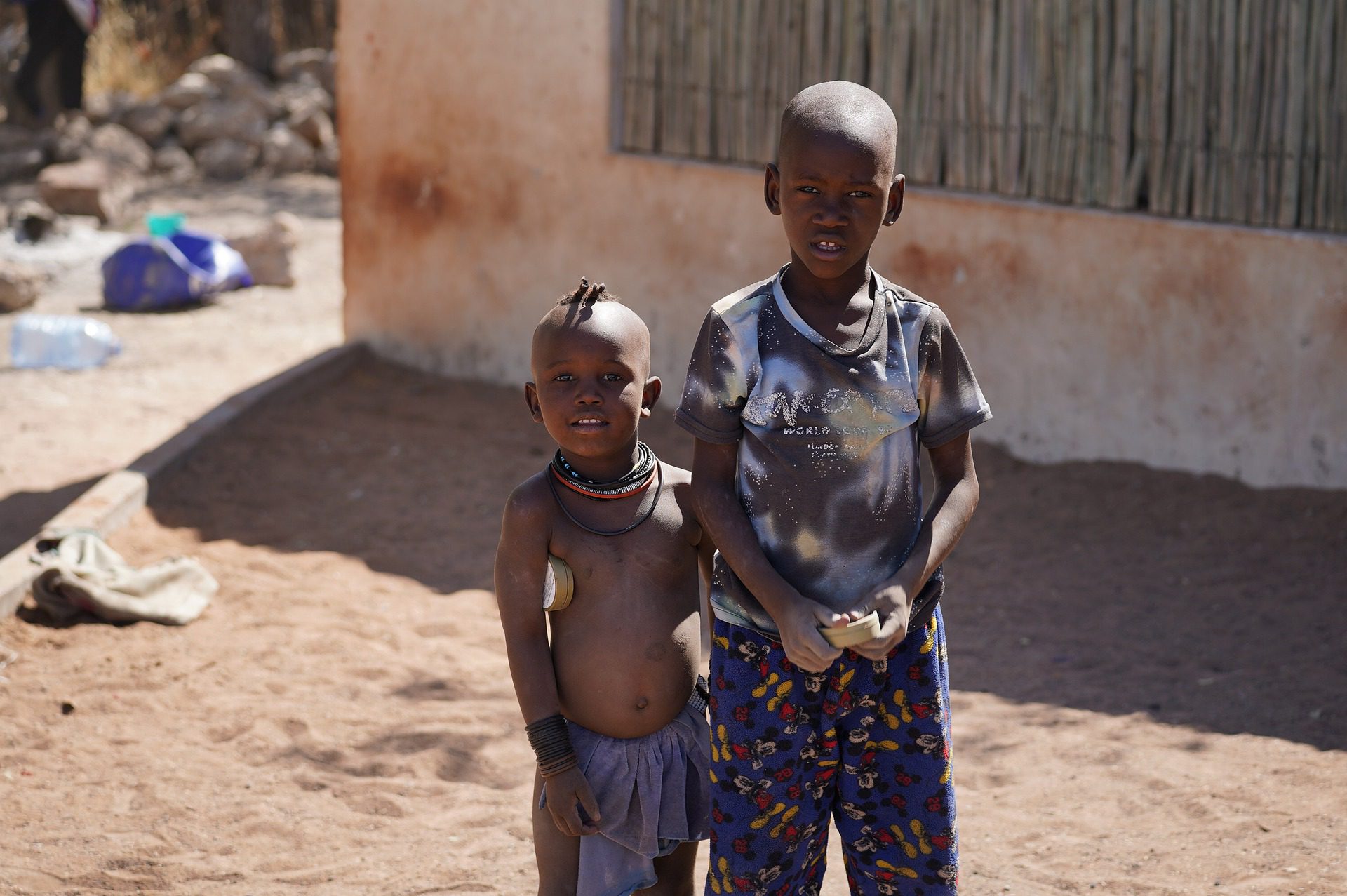
LIFELINE/CHILDLINE NAMIBIA – Case Study
How to integrate a gender-sensitive approach in working with boys at risk and survivors of sexual exploitation and abuse.
CONTEXT OF DOCUMENTATION
Given that programmatic responses to identify and meet the particular needs of boys are scarce, ECPAT International launched the Global Boys Initiative (GBI) to explore the sexual exploitation of boys and the services available for their protection. The Global Boys Initiative embarked on a series of research projects in countries around the world to shed light on understanding the scale of sexual exploitation taking place with boys, vulnerability and risk factors, barriers to disclosure and access to services, and what we need to improve prevention and response strategies. With the completion of the Initiative’s first phase of research, we can now speak with confidence on a number of pressing issues related to the sexual exploitation of boys, successfully consolidating what we know to influence and frame the agenda for programming, advocacy and new research. We know that the sexual exploitation of boys is a global problem and have gathered information on key drivers, risk situations, gender norms, barriers to access, among other things. We are now focusing on how to address these challenges and how to support boys and service providers in the fight against sexual exploitation.
In July 2022, we began a process of mobilising ECPAT members, partners and practitioners working with boys in different regions of the world to inform them about the GBI, explore possibilities for implementing the Initiative at country and regional levels, and capitalise on members and partners’ experiences in working with boys.
In discussions with ECPAT member in Namibia Lifeline/ChildLine, several points of learning were identified as relevant to the success of the GBI nationally and globally. These included the documentation of the work with boy and male survivors of sexual abuse and exploitation, as well as with boys and men in awareness raising activities on issues of sexual and gender-based violence.
To this end, the aim was to document the working practices of direct assistance to boy survivors of sexual abuse and exploitation in Namibia in order to capitalise on these experiences, to encourage learning from other organisations in other countries around the world, and to feed into GBI’s practical knowledge – thus contributing to answering the global question: “how can we work with male children at risk or survivors of sexual exploitation and abuse in a gender-sensitive approach?”
INTRODUCTION
LifeLine/ChildLine is the ECPAT member in Namibia and is an organisation established in 1980 that provides counselling, social behavioural change interventions, and capacity-building in systemic preventive and responsive ways for improved well-being of children, families and communities in the country. The vision of LifeLine/ChildLine is to have safe, healthier and more resilient children, families and communities. The services provided by the organisation include face to face counselling, telephonic counselling through the toll-free 116 and 106 helplines. As well as referrals. These helplines are accessible 24/7, countrywide. The organisation also provides case management support, school and community based child protection programmes focusing on changing harmful gender norms and providing parenting support. In addition, the organisation manages a radio programme service1 for children, recorded by the children. The organisation has the particularity of counting with a Gender Department, which ensured that gender considerations and the specific trajectories of boys and girls in issues related to violence could be considered across programmes. The projects implemented by the department, focusing on gender-based violence, masculinities and sexual and reproductive health, constitute important entry points for the organisation to conduct outreach and engagement activities with boys.
The presence of LifeLine/ChildLine in communities across the country, as well as the reputation gained through the assistance provided to children and families, allowed its staff to gather a great amount of learning in the work with boy survivors and in adjusting its programmes in a flexible manner as to better respond to their specific and evolving needs.
Read or download full report here.
